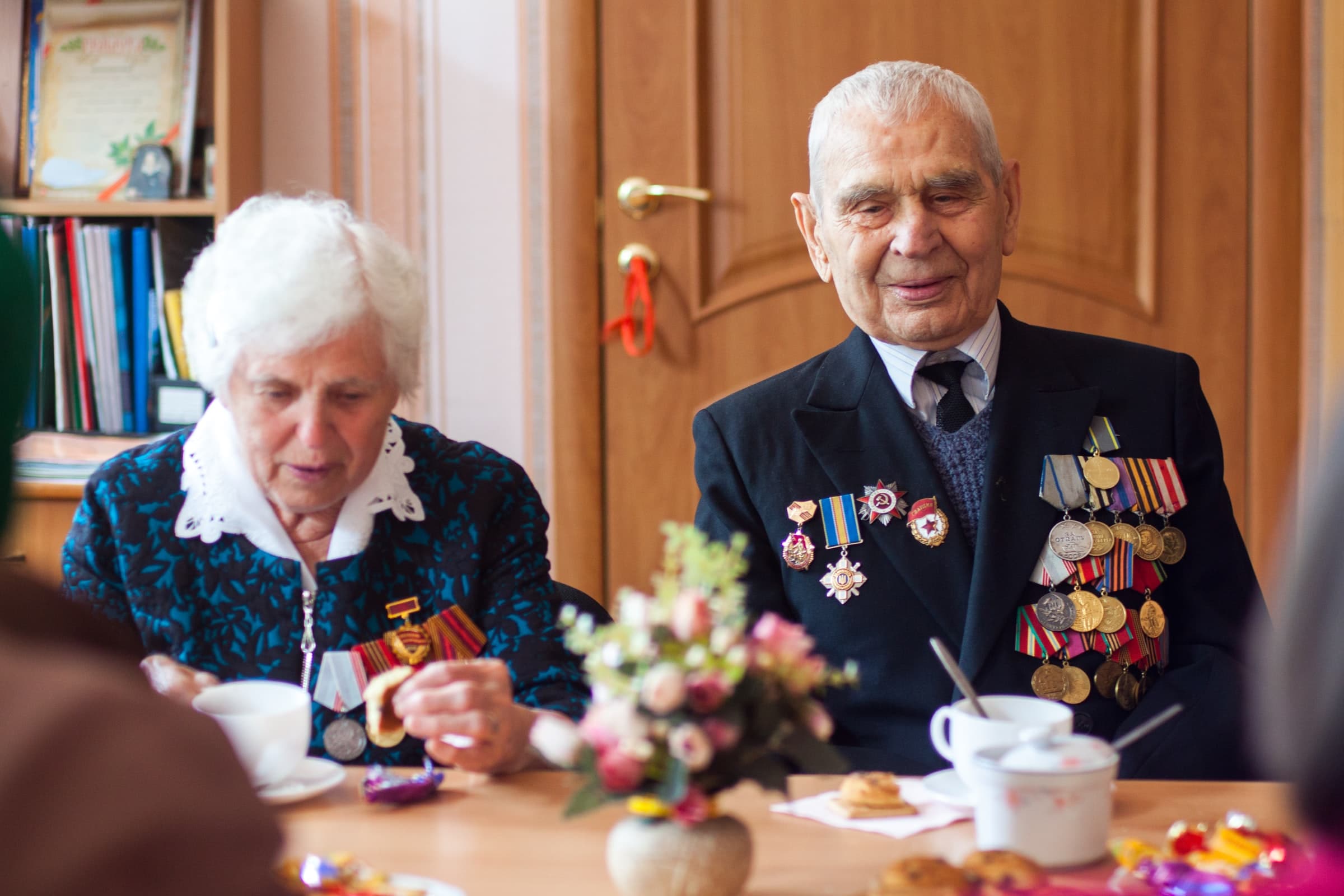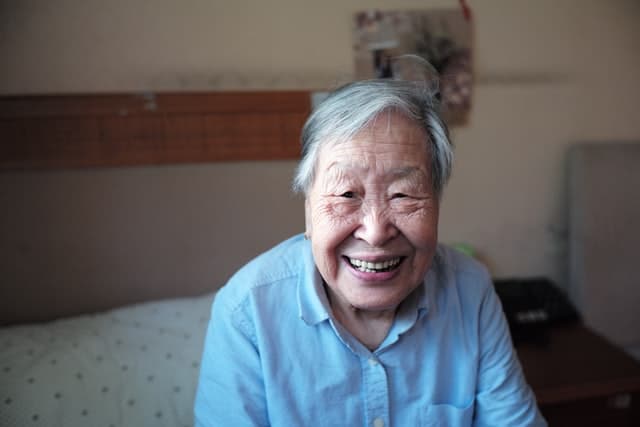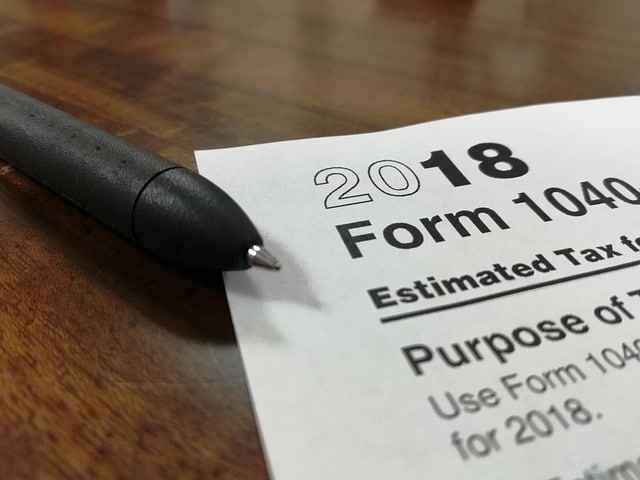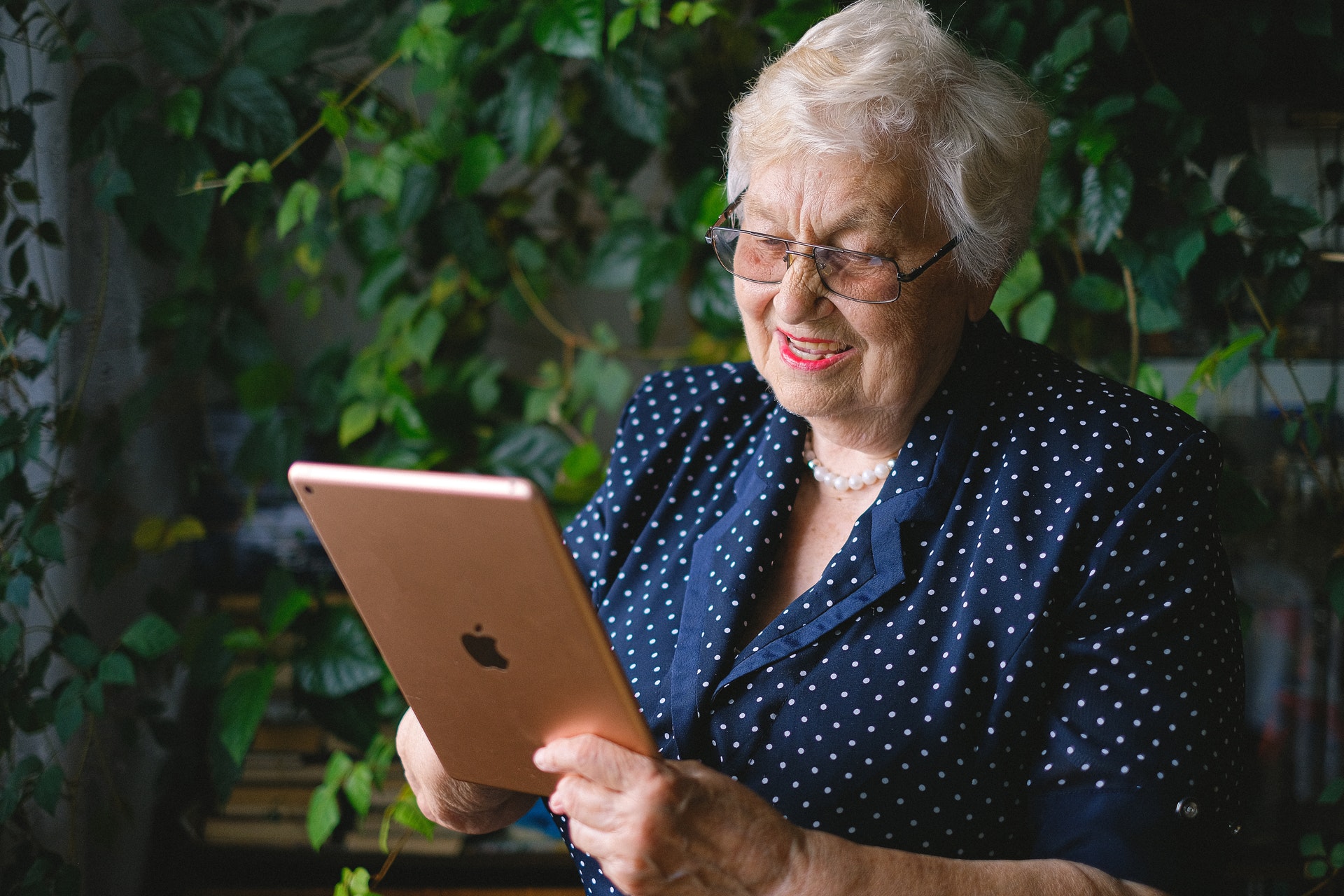
A Guide to Veteran Benefits for Senior Living
Here at MyCaringPlan, we get a lot of questions from senior veterans looking for long-term care facilities. Often they ask us, “I’m a veteran, can that help me get senior housing?” The answer is absolutely yes.
Elder veterans may qualify for an extra hand with their senior living options – whether an assisted living facility, rehabilitation center, nursing home, home care, or some other living arrangement.
While you can find a comprehensive list on the VA Benefits site, we wanted to highlight 7 housing-related benefits that our seniors have found most useful – both for veterans and their caregivers.
For veterans
1. Aid and Attendance (A&A)
A&A is an excellent program for senior veterans who need help performing daily activities. Often this involves custodial care, such as bathing, toileting and feeding. Elder veterans may be living at home, in a nursing home, or at another care facility to receive this benefit.
This benefit comes in the form of a monthly payment on top of the VA pension. It can be a huge relief for medical costs related to this type of custodial assistance. Seniors must currently receive the VA pension to apply for A&A benefits.
Veterans will need to meet certain medical needs criteria in order to qualify. A doctor will have to certify that you need help with custodial care tasks, or show proof of other medical conditions that make daily living difficult. These may include being housebound, having disability-related ability loss, or limited eyesight.
2. Housebound Program
Housebound is a program intended for veterans with permanent disabilities. As the name suggests, it’s focused on granting caregiving assistance to vets who spend most of their time at home due to disability.
Like A&A benefits, the housebound program is a supplement to the VA pension and helps pay for medical and custodial costs. For this reason, it’s only available to vets who currently receive the VA pension.
To apply, you’ll need a doctor to document your permanent disability and how it makes you housebound. Remember: A&A and housebound programs have slightly different focuses, so you can’t receive both.
3. VA Community Living Centers & State Veterans Homes
Veterans may qualify to stay in a VA Community Living Center or State Veterans Home. These are care facilities specifically designed to support veterans. They often follow a nursing home model with 24/7 care, including mental health, dementia care, hospice care and general geriatric care.
This may be a good alternative for your veteran if you can’t find a nursing home or assisted living facility that meets their needs. Often, these veteran-specific centers have a wider range of care services available.
To qualify, you must be enrolled in the VA health system and be recommended by your doctor based on your medical need. Because of high demand, there must also be availability at the facility. Get in touch with your local VA center to learn more.
4. Aging in place assistance
Besides receiving help with care services, elder veterans may also qualify to get assistance in creating a safe and comfortable aging-in-place location. There are 2 assistance programs that can help with this transition, including:
- Durable Medical Equipment: Aid in purchasing necessary medical equipment for daily living necessity and comfort.
- Home Modifications: Aid in updating your home to be adapted to your needs due to illness or disability.
Both of these programs can be a lifesaver for veterans who want to age in place with the comforts of a care facility.
For veteran caregivers and survivors
5. Survivor’s Pension (for spouses and dependent children)
Survivors of veterans can also receive aid in the form of a Survivor’s Pension or DIC (Dependency and Indemnity Compensation). Both of these programs offer a monthly stipend that could be used for expenses such as housing costs, for example.
- Survivor’s Pension: This benefit is intended for low-income, unremarried surviving spouses (or unmarried dependent children) of a veteran with wartime service. Your family must meet the financial need requirement, as well as the service requirements. If your veteran was receiving the VA Pension, you’re likely to qualify for the pension if you make under a low-income (as defined by Congress). (Note: the spouse must not remarry to be eligible for this benefit.)
- DIC (Dependency and Indemnity Compensation): The DIC also provides aid to spouses of veterans. However, this stipend is intended for veterans who died during active duty or from a service-related illness or injury.
Both of these programs can provide aid to spouses affected by veteran death, especially if you are low-income.
6. Veterans respite care
Caregivers of veterans can also receive respite care. This entails short-term care for when caregivers are overwhelmed and need a break. VA Respite Care involves veterans staying in a Veteran’s home, adult day health care program or nursing home.
The program pays for these days of care, so veteran caretakers can have peace of mind that their loved ones are in good hands. It’s available for up to 30 days a year, but must be scheduled in advance.
7. Program of Comprehensive Assistance for Family Caregivers (PCAFC)
Finally, another great benefit for senior veterans is focused on their caregivers. This program is designed for family caregivers of senior veterans who live full-time with them and require custodial care (bathing, toileting, feeding, etc.).
The idea is to give primary caregivers extra support for their duties. This benefit entails a monthly stipend, access to healthcare benefits, and 30 days of respite care. More than anything, it’s a way to ensure that this type of family care is being financially supported.
Secondary caregivers can also be designated as backup support. Both types of caregivers can receive training, counseling and travel stipends. Overall, this benefit is great for both financial and educational support for family caregivers of veterans.
To qualify for this benefit, the veteran must have a disability rating of 70% (or higher), for active-duty service occurring on or before 5/7/1975.
In case your senior veteran doesn’t meet these requirements, there’s also the General Caregiver Support Services (PGCSS), which is open for all veteran caregivers. They offer great resources and general support.
Applying for VA benefits
How do I apply for veterans benefits for senior living?
To apply for any of the veterans benefits listed here, go to the official Veterans Affairs website. Each program has its own requirements, but all of them can be applied for online. You may need to provide supporting evidence of service record, medical need or financial need in order to be eligible for some programs.
How long does the veterans benefits application process take?
The application process can be a source of frustration for applicants. It often takes between 6-9 months or longer to get approved. It’s extremely important for applicants to submit the most complete application possible to have the best chances of getting approved in the first round.
How much do these programs offer in assistance?
Each program is different, but they generally range from $1,000-$1,500 depending on the veteran’s family circumstances.
Final Takeaway
These veteran benefits are often overlooked by senior veterans. Now that you know about these key benefit programs for senior living, we hope your search for care solutions is made easier!
Looking for more resources on senior living? Check out My Caring Plan’s senior care resources here!
Sources:
- About VA Health Benefits, VA Gov, www.va.gov
- Aid & Attendance, VA Gov, www.va.gov
- Family Member Benefits, VA Gov, www.va.gov
Related Articles

Can a Nursing Home Take All Your Assets?
This article has been reviewed by a practicing attorney in 2020 This content is not intended to be a substitute for professional legal advice. Always seek the advice of an attorney or another qualified legal professional with any questions you may have regarding your situation. A growing number of United States residents are seeking long-term […]

Bridge Loans for Seniors
Making the transition from everyday activities of working life to retirement can be difficult for individuals regardless of their age or situation. In addition, seniors’ lives can often include moving to a new state, home, or living facility, among other changes that can put a serious financial strain on them. If you are someone who […]

25 Financial Assistance Programs for Seniors
15 million seniors aged 65+ are economically insecure – and many more worry they don’t have enough to make it through retirement. With high costs of healthcare, housing, and food, seniors may need an extra hand to cover their basic needs. Fortunately, financial assistance programs are helping to bridge this gap so that seniors can […]

Irrevocable Trust Taxes
This article has been reviewed by a practicing attorney in 2020. This content is not intended to be a substitute for professional legal advice. Always seek the advice of an attorney or another qualified legal professional with any questions you may have regarding your situation. The irrevocable trust is a common estate planning tool. While irrevocable […]

How to Pay for Assisted Living
Assisted living can be an excellent option for you or a loved one, providing necessary daily support and social connections. However, figuring out how to pay for this senior housing option can be a challenge. Unlike nursing care, assisted living is not covered by Medicare, so alternative payment methods must be considered. Let’s explore the […]

A Guide to Veteran Benefits for Senior Living
Here at MyCaringPlan, we get a lot of questions from senior veterans looking for long-term care facilities. Often they ask us, “I’m a veteran, can that help me get senior housing?” The answer is absolutely yes. Elder veterans may qualify for an extra hand with their senior living options – whether an assisted living facility, […]